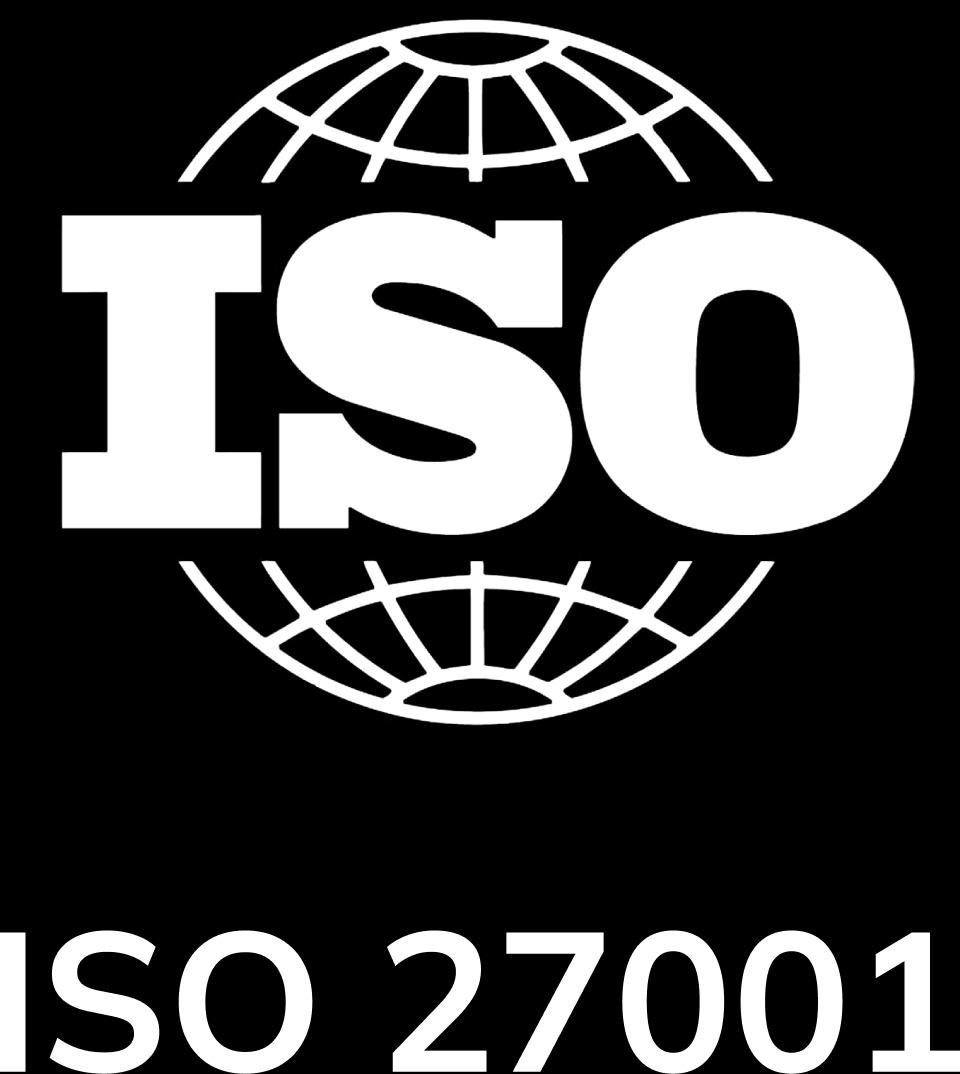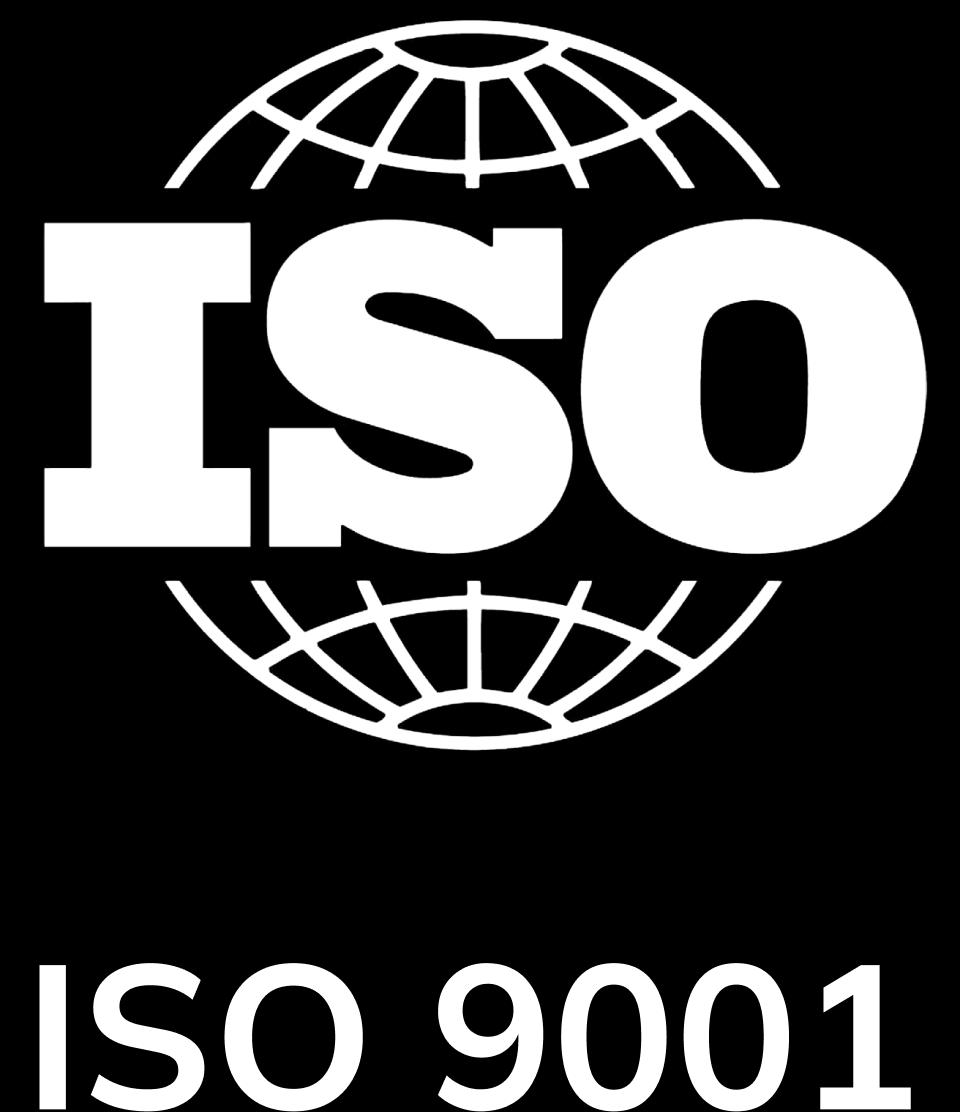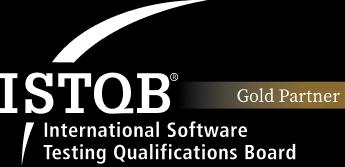
What is EdTech? A Detailed Look at EdTech in Modern Education
Technology is transforming every aspect of life, from communication and business to education. In this context, EdTech (Educational Technology) is emerging as a revolutionary tool in how we teach and learn. So, what exactly is EdTech, and what benefits does it bring to education? Let’s explore this concept in depth with Tokyo Tech Lab in the following article.
I. What is EdTech?
EdTech is short for "Educational Technology" which refers to the integration of education and technology to create innovative solutions for teaching and learning. The primary goal of EdTech is to improve the quality of education, optimize the learning experience, and enhance access to knowledge. EdTech encompasses not only online learning tools but also the entire infrastructure, software, mobile apps, online platforms, artificial intelligence, and other modern learning methods.

With rapid technological advancements, EdTech has become an indispensable part of modern education. From online learning platforms like Coursera and Udemy to language learning apps like Duolingo, EdTech is changing how we access and acquire knowledge. Additionally, with EdTech, education is no longer confined to the physical space of a classroom but can take place anywhere and anytime. This completely transforms the way knowledge is delivered and how teachers and students interact.
II. Why is EdTech important?
EdTech is important because it opens the door to a flexible, accessible, and personalized learning environment. Instead of being restricted by time and space, learners can access knowledge from anywhere at any time. This is a significant improvement over traditional education methods, which are often limited by geographical distance and rigid schedules.
One of the greatest benefits of EdTech is its ability to personalize learning. With modern learning tools and platforms, each student can learn at their own pace, customize content based on their individual needs, and receive immediate feedback. This helps optimize the learning process and ensures continuous progress for learners.
III. Current EdTech Models
Currently, EdTech is developed in various models, each offering unique benefits and opportunities for learners. Below are some of the most popular EdTech models being applied today.
1. Learning Management Systems (LMS)
This model provides an online classroom management platform, allowing teachers and students to interact, manage learning materials, track progress, and evaluate results efficiently. LMS systems help optimize the learning process by offering course management tools, assignments, group discussions, and progress tracking. Platforms like Moodle, Canvas, Teamhub LMS, and Google Classroom are prime examples of this model.

2. School Administration Systems
School information management systems are designed to assist in managing student, teacher, and school operations data. These models help automate administrative processes such as attendance, record-keeping, tuition management, and tracking student progress. Management systems like PowerSchool and Skyward are trusted by many schools to improve administrative efficiency.
3. Broad Online Learning Platforms
These are comprehensive online learning platforms offering courses across a wide range of subjects, from science and technology to arts and languages. Platforms like Coursera, Udemy, and Khan Academy provide learners with access to thousands of courses from prestigious universities and organizations worldwide, catering to all ages and knowledge levels.

4. Next-Gen Study Tools
Next-generation learning tools often incorporate gamification elements to increase engagement and motivation for students. These tools not only help learners grasp knowledge but also improve problem-solving skills through interactive and challenging activities. Tools like Kahoot! and Quizlet are standout examples in this model.
5. Enterprise Learning
Enterprise training models focus on providing courses to develop employees' skills. These platforms help organizations train staff in professional, management, and leadership skills. Systems like LinkedIn Learning and Udemy for Business offer specially designed courses to enhance work performance and career development.

6. Early Childhood Education
This model focuses on education for preschool and elementary-aged children, using child-friendly teaching methods and technology tools to develop essential skills such as cognition, language, and communication. Platforms like ABCmouse and Epic! provide engaging and interactive online learning activities that help young children develop comprehensively from the early years.
7. Tech Learning
This educational model focuses on teaching programming and information technology skills. Tools and platforms like Codecademy, LeetCode, and Scratch offer courses ranging from basic to advanced levels, helping students, especially young learners, grasp programming, technology, and computer science knowledge.

8. Language Learning
Online language learning applications have become an important part of EdTech, allowing learners to easily access and study new languages anytime, anywhere. Applications like Duolingo, Babbel, and Elsa not only offer rich language lessons but also use artificial intelligence (AI) to tailor learning paths based on the user's level, providing a personalized and effective learning experience.
These models have created a modern educational ecosystem where technology helps students and teachers access knowledge easily while optimizing learning efficiency and experience.
IV. Benefits and Challenges of Using Educational Technology (EdTech)
1. Benefits of Using EdTech in Education
The application of EdTech brings benefits not only to students and teachers but also contributes to improving the overall quality of teaching, creating a flexible, modern learning environment that aligns with societal development trends. Below are the detailed advantages of EdTech:
1.1 Increased Autonomy in Learning
EdTech allows both learners and educators to be more flexible in managing the learning and teaching process:
- For students: EdTech enables learners to take control and manage their own learning. Through online learning platforms, students can select courses, content, and schedules that fit their individual pace and needs. This encourages self-discipline and initiative, helping learners absorb knowledge more effectively.
- For teachers: Teachers can manage their classes remotely and teach through online tools, as long as they have a smart device with an internet connection. These applications also support the creation of engaging, visual, and dynamic lessons that attract students and enhance interaction in the teaching process.

1.2 Development of Technological Skills
Integrating EdTech into education helps both teachers and students become familiar with and proficient in using new technologies, which is crucial in today's digital era. In addition to aiding the learning process, tech skills also enhance students' ability to self-learn and prepare better for the future, where technology continues to be a core element in many professions.
- For students: Early exposure to and use of technology will boost their confidence in working in environments that require advanced digital skills later in life.
- For teachers: Modern teaching tools not only enhance their teaching effectiveness but also improve their tech skills, which is increasingly important in the 4.0 era of education.
1.3 Time-Saving
EdTech significantly optimizes the time spent on learning and teaching. Instead of spending time commuting to learning locations, both teachers and students can carry out their work from anywhere with internet access. This not only saves travel time but also creates flexible learning pathways, allowing students to learn at their own pace. Furthermore, EdTech provides quick access to abundant learning resources, reducing the time spent searching and absorbing knowledge.

1.4 Cost-Saving
EdTech offers significant cost savings for both educators and learners. Instead of paying for expensive textbooks and printed materials, students can easily access free or low-cost digital resources through online platforms. This not only reduces the financial burden of learning materials but also makes knowledge more accessible and flexible for learners. Schools and educational centers also save on operational costs by utilizing online learning technology. Organizing online courses helps reduce costs for physical infrastructure while providing greater flexibility in managing and implementing teaching programs.
1.5 Enhanced Interaction and Learning Motivation
EdTech offers many tools that promote interaction between students and teachers. Applications like gamification and video-based learning make the learning process more engaging, increasing student participation and motivation to learn.
1.6 Flexible Learning and Diversified Teaching Methods
EdTech provides various learning methods such as video learning, live lectures, or virtual reality simulations. This allows learners to choose the approach that suits them best, thereby improving learning outcomes. At the same time, teachers can apply more innovative and creative teaching methods, enhancing the overall quality of education.

2. Challenges in Implementing EdTech
Despite the significant benefits, integrating technology into education presents several challenges. Here are the main difficulties:
2.1 Dependence on Technology Devices
Using EdTech requires students to have devices such as computers, tablets, or smartphones, along with a stable internet connection. This is not always feasible for all students, particularly those from low-income families or in developing countries. Excessive reliance on these devices can also widen the gap between students with and without economic means, increasing inequality in education.

2.2 Lack of Technological Skills for Teachers and Students
Not all teachers and students are skilled in using technology effectively. In traditional educational environments, many teachers are unfamiliar with online teaching or the use of digital learning management tools. Implementing EdTech requires teachers to have information technology skills, from managing digital classrooms to utilizing online teaching aids. Similarly, students, especially young children or older learners, may find it challenging to use EdTech tools. A lack of basic technology knowledge can hinder their ability to fully access and benefit from EdTech.
2.3 Distractions and Time Management Challenges
Although EdTech offers the convenience of remote learning, it also creates the risk of distractions, as students may be easily drawn into entertainment apps or social media during their study sessions. Moreover, online learning requires students to be self-disciplined and have good time management skills, which can be a major challenge for those not accustomed to independent learning methods.

2.4 Data Security and Privacy Issues
Data security and privacy in EdTech are significant challenges. When students and teachers use online platforms, they are required to share personal information such as email addresses, phone numbers, and even learning history. If these platforms lack adequate security measures, sensitive information could be leaked or misused, posing a risk to users.
2.5 Lack of Face-to-Face Interaction
While EdTech offers many tools to enhance interaction between teachers and students, it cannot entirely replace face-to-face communication in a classroom setting. In some cases, the lack of direct communication can reduce learning motivation, especially for students who require close guidance from teachers or peers.

2.6 Harm to Eyes and Spine
Spending too much time in front of computers or electronic devices, especially with poor posture, can lead to serious spinal issues such as back pain, neck pain, and muscle strain. For young students, prolonged use of technology without proper attention to posture can negatively impact their skeletal development. Additionally, constant exposure to computer and phone screens increases the risk of eye conditions like myopia. Blue light from these devices can cause eye strain, dryness, and long-term vision problems. It’s important for EdTech users to follow eye protection measures and maintain proper sitting posture to avoid health issues.
V. Practical Applications of EdTech in Education
EdTech (Educational Technology) has brought significant changes to the education sector, from how students access knowledge to how educators organize and manage classrooms. Beyond improving the learning experience, EdTech also opens new opportunities, enhancing teaching effectiveness and streamlining information management within educational systems. Below are the practical applications of EdTech in various aspects of education:
1. Teaching and Learning Materials
EdTech has made teaching methods and learning materials more flexible and efficient through three main approaches:
-
Online Courses (E-learning): Through online learning, teachers and students can interact via digital platforms, enabling students to access knowledge remotely. EdTech personalizes each student’s learning process, suggesting teaching methods that suit their needs and abilities. This not only boosts learning efficiency but also enhances the overall learning experience, allowing students to achieve better results.

-
Project-Based Learning: EdTech supports project-based learning, where students engage in hands-on projects rather than just theoretical studies. Students work in teams and are assigned specific projects, helping them develop teamwork, problem-solving, and creativity skills. This approach makes learning more engaging while preparing students for essential workplace skills in the future.
-
Virtual Reality (VR) Learning: Virtual reality creates a more immersive and realistic learning experience, helping students feel like they are in a real classroom. Tools like Google Cardboard allow students to experience virtual learning environments, which is particularly useful in subjects like science, history, or engineering, where they can participate in real-world simulations without leaving home.
2. Assessment and Progress Tracking
EdTech provides tools that allow teachers to easily collect and analyze each student’s learning data. Based on these personal assessments, teachers can adjust their teaching methods and course content to fit the abilities and learning needs of individual students. This is especially beneficial for students who may lack confidence in answering questions in front of a group, as they can complete assignments or respond directly to teachers without feeling pressured.

Automated assessment systems and learning progress tracking help teachers provide faster and more accurate feedback while supporting students in improving their performance through continuous feedback.
3. Information and Process Management
One of the most important applications of EdTech is managing information and processes within educational systems. Previously, managing student information, educational records, and academic results required significant time and human resources. However, EdTech has digitized these processes, making management simpler and more efficient.

Today, EdTech applications are primarily used in assessments, managing online learning systems (LMS - Learning Management System), and organizing online exams. LMS systems help schools easily manage learning materials, organize online classrooms, and track student progress. This saves time, reduces errors, and increases transparency in the teaching process.
VI. Prominent EdTech Brands
Several leading global EdTech brands are playing a vital role in transforming education worldwide:
-
Coursera: Coursera is one of the world's leading online learning platforms, partnering with many prestigious universities and educational institutions to offer thousands of courses in various fields. Students can take courses ranging from beginner to advanced levels and even earn degrees and certificates from renowned universities like Stanford, Yale, and the University of London.
-
Udemy: Udemy is a global online education platform offering millions of courses in fields such as technology, design, business, and various other skills. What makes Udemy unique is that the courses are created by industry experts, allowing learners to study using practical, up-to-date methods. Udemy is a top choice for those looking to quickly learn and develop skills in a short amount of time.
-
Duolingo: Duolingo is a popular online language learning app with over 500 million users worldwide. It provides language lessons in a game-like format, helping learners quickly grasp new languages through fun and engaging exercises. Duolingo stands out with its personalized approach and the ability to learn anytime, anywhere.
-
Blackboard: Blackboard is one of the most widely used online learning platforms, employed by many universities and large educational institutions. It offers a range of features supporting learning, such as classroom management, online lectures, exams, and group discussions, making it easier for teachers and students to interact.
-
Teamhub LMS: Teamhub LMS is an emerging online learning management platform that offers diverse learning solutions for educational centers and businesses. With its classroom management system, course organization, and student progress tracking features, Teamhub LMS is gradually establishing its position in the EdTech market in Vietnam and the region.
EdTech is not just a trend but the future of education. Educational technology helps create innovative teaching and learning methods, optimizes efficiency, and brings many benefits to both learners and teachers. However, to fully harness the potential of EdTech, challenges like technology access, information security, and fostering quality interactions between teachers and students must be addressed.
EdTech will continue to develop and open up new opportunities for education in the coming years, making education more flexible, comprehensive, and efficient than ever before. This concludes the content on EdTech (Educational Technology) that Tokyo Tech Lab wants to share with you. We hope this article provides you with a deeper understanding of the EdTech field. Don’t forget to stay connected with us to discover more valuable knowledge!
SHARE THIS ARTICLE
Author
Huyen TrangSEO & Marketing at Tokyo Tech Lab
Hello! I'm Huyen Trang, a marketing expert in the IT field with over 5 years of experience. Through my professional knowledge and hands-on experience, I always strive to provide our readers with valuable information about the IT industry.
More Posts



About Tokyo Tech Lab
Services and Solutions
Contact us
© 2023 Tokyo Tech Lab. All Rights Reserved.







